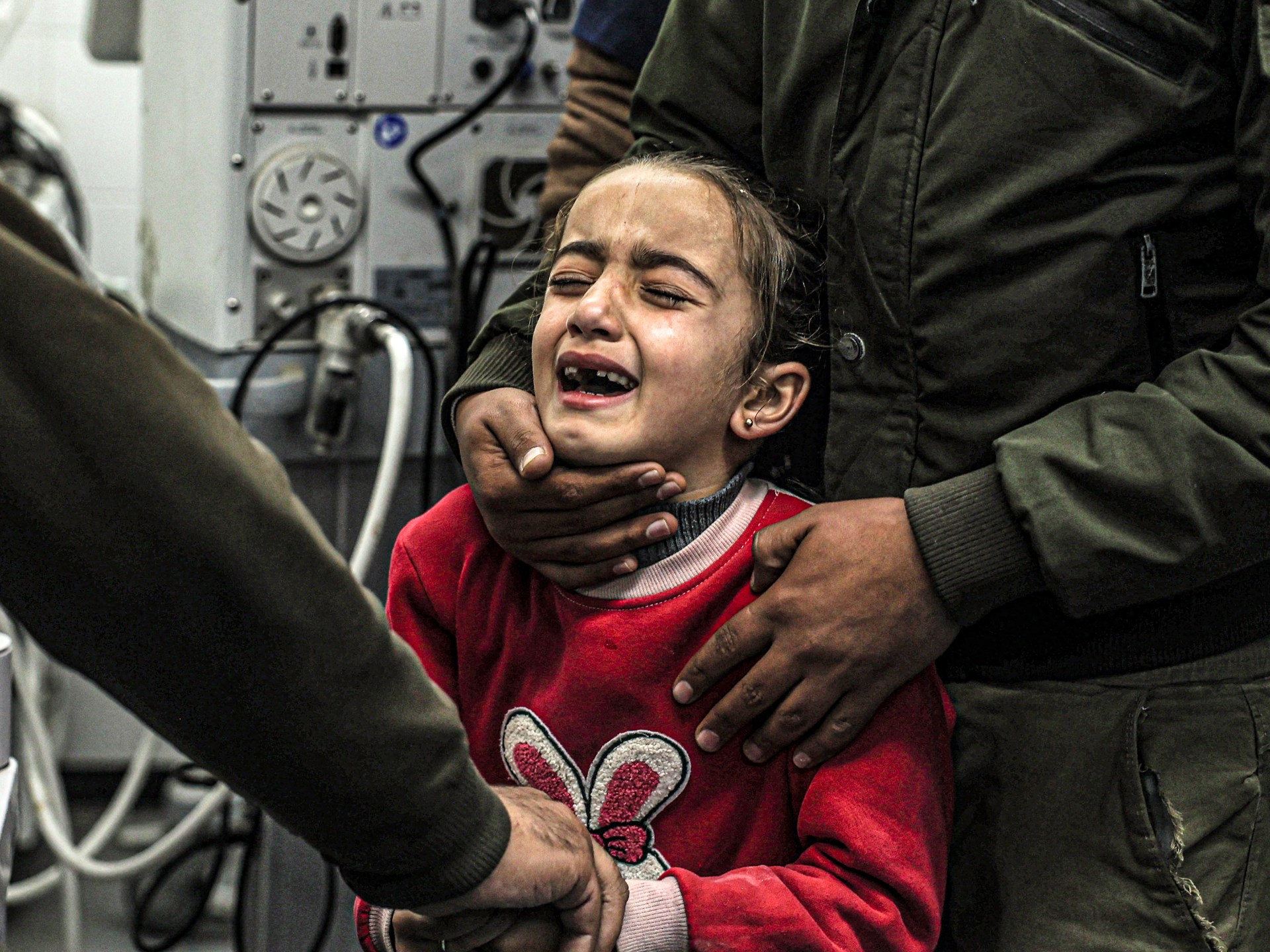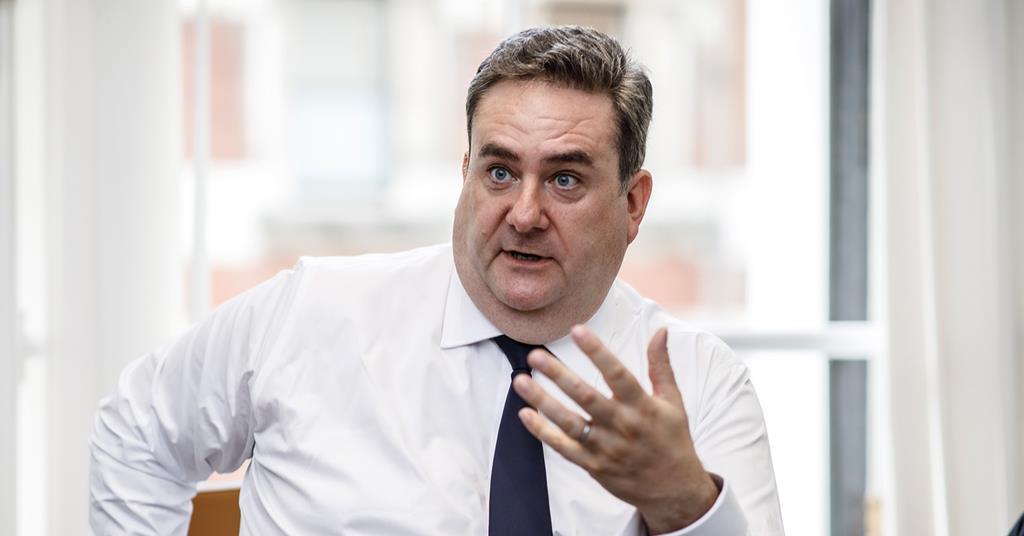ICJ to Hold Public Hearings in South Africa’s Genocide Case Against Israel
The International Court of Justice (ICJ) is set to begin two days of public hearings in South Africa’s genocide case against Israel, with hopes that the World Court might intervene in Israel’s military campaign in Gaza. The case, filed by South Africa, accuses Israel of committing genocide in Gaza, where thousands of people, including children, have been killed since October 7.
In its application, Pretoria alleges that Israel’s actions, including the killing of civilians, expulsion and displacement of Palestinians, and destruction of their homes, constitute genocide under the 1948 UN Genocide Convention. The suit also highlights the blockade on food and destruction of essential health services for Palestinians as measures intended to bring about their destruction as a group.
The ICJ will first consider an emergency request by South Africa on January 11, asking for an urgent order for the Israeli military to leave Gaza and to stop bombing civilians. If approved, the ICJ could issue an order in weeks, similar to its response in the Ukraine v Russia case.
The court will also determine its jurisdiction in the case, with both South Africa and Israel being parties to the Genocide Convention. Israel has selected British lawyer Malcolm Shaw to represent them, while South Africa’s team will be led by international law professor John Dugard.
While the provisional hearing will be concluded quickly, the main case to determine if Israel is guilty of genocide will take time, with multiple hearings and detailed arguments to be submitted. The final judgement, if found in favor of South Africa, would be legally binding but enforcement could be a challenge, especially if the US, a strong supporter of Israel, uses its veto power in the UN Security Council.
Other countries can legally intervene in the case, but so far none have done so. Interventions might complicate the legal process, according to experts, but political statements in support of either party have already been made by various countries and organizations.
Overall, the case at the ICJ is seen as a way to put international pressure on Israel to stop the war in Gaza and could have significant impacts for accountability and setting international precedents.


